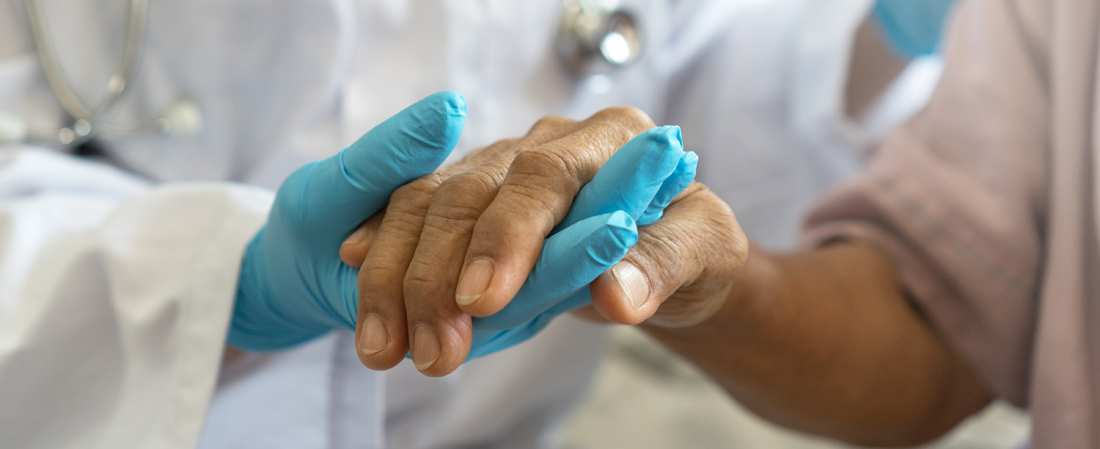Public Health receives $300,000 HIV treatment grant

For more than 30 years, Texas A&M College of Dentistry has led efforts in Dallas County to ensure patients living with HIV have access to affordable, comprehensive dental care. An endorsement of the college’s commitment to this patient population came in the form of a $300,000 grant, announced this summer.
The grant, “Ryan White Ending the HIV Epidemic (EHE) in Dallas County,” will be used to help the college continue to cover the costs for patients with HIV who visit dental school’s main campus and community clinics.
“The funding opportunity came four months ago,” says Dr. Amal Noureldin, interim department head, clinical associate professor in public health sciences and the principal investigator. “We were approached by Dallas County for this. They have a big program with the overarching goal to reduce new HIV infections across communities. We’ll take the funds and assign it to certain patients who are HIV-positive in the Dallas Eligible Metropolitan Area, which includes Collin, Dallas, Denton, Ellis, Henderson, Kaufman, and Rockwall counties.”
Thanks to this fund, the school will be able to offer more treatment opportunities to patients with HIV/AIDS, who otherwise might not be able to afford regular dental care. This is the third HIV-focused grant in college’s public health department has received. This particular grant will run for one year, but Noureldin says can be renewed on an annual basis.
“The dental school is one of the major sources in the DFW area for this population to receive specialized dental treatment such as oral surgery, periodontics, endodontics and implant placement,” the grant proposal reads. “The School of Dentistry receives many referrals from outside dental clinics that do not perform these specialized treatments themselves.”
HIV/AIDS can be spread by bodily fluids, so extra care is needed when providing dental care to people with the disease. Noureldin says the school’s office of social services will provide direct services to eligible patients with HIV/AIDS through outpatient visits. In this way, the project will expand access to dental appointments for the priority populations. These direct services include screenings, emergency extractions, radiographs, fillings, endodontics, crowns, surgical extractions, dentures, partials, implants, periodontics, cleanings and other procedures. She estimates that between 650 and 700 additional services will be delivered to this high-need population through this project.